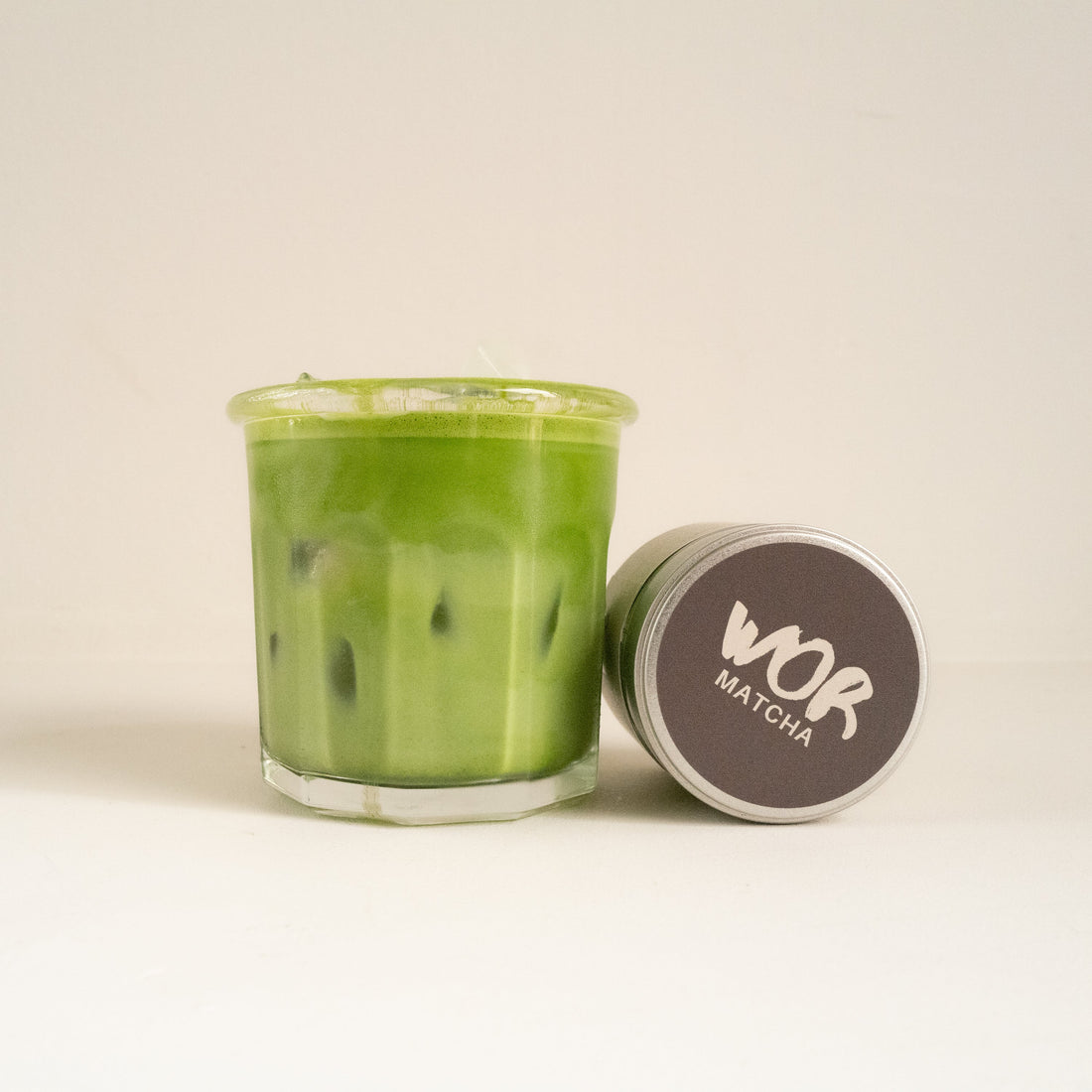
How Much Caffeine Is in Matcha?
First Off, What Is Matcha?
Matcha is a type of green tea, but it’s not your usual cuppa. Instead of steeping the leaves and chucking them out, you’re drinking the whole leaf, ground into a fine powder.
That means more nutrients, more antioxidants, and yep, more caffeine.
So, How Much Caffeine Are We Talking?
On average, 1 gram of matcha has around 19 to 44 mg of caffeine.
A standard serving (about 2 grams) gives you roughly 38 to 88 mg.
Here’s how that compares to other drinks:
|
Drink
|
Caffeine (per serving)
|
| Matcha (2g) | 38–88 mg |
| Green Tea (brewed) | 20–45 mg |
| Black Tea | 40–70 mg |
| Coffee (240 ml) | 95–200 mg |
| Espresso (30 ml) | 63 mg |
So, matcha sits somewhere between tea and coffee—stronger than your average tea, but not quite as intense as a full-on coffee.
Why Matcha Feels Different to Coffee?
Even though matcha has caffeine, it doesn’t usually give you that jittery, wired feeling. That’s because it also contains L-theanine, a natural compound that helps you stay calm and focused. It smooths out the caffeine hit, giving you a more balanced, steady energy boost.
What Are the Benefits of Matcha?
• Better focus and concentration
• Energy that lasts longer
• No sudden crashes or shakes
• Great for work, study, or just getting stuff done
Final Thoughts
Matcha’s a great option if you’re looking for a clean, calm energy boost.
It’s got enough caffeine to wake you up, but thanks to L-theanine, it won’t leave you feeling on edge.
Whether you’re cutting back on coffee or just fancy trying something new, matcha’s well worth a go.